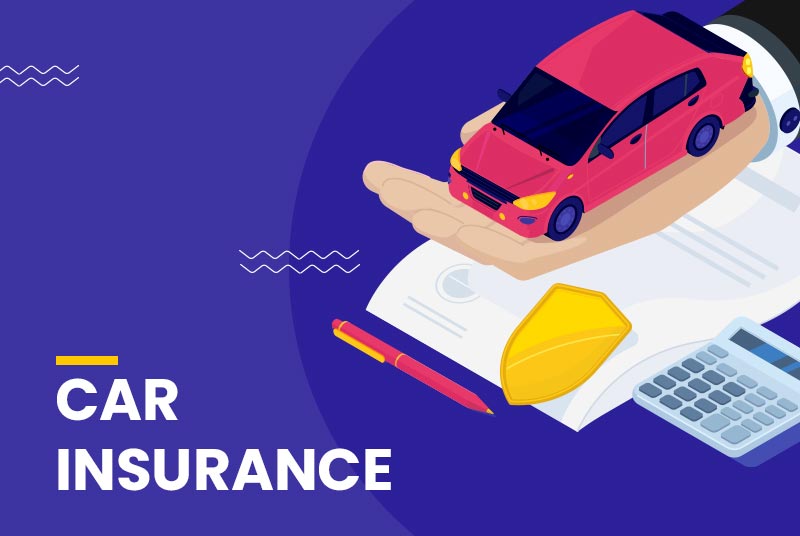The VA loan program is a powerful benefit for military service members, veterans, and their families, providing an opportunity to achieve homeownership with favorable terms and fewer financial barriers. This article delves into the definition of a VA loan, eligibility requirements, different types of VA loans, and their terms.
Definition of a VA Loan
A VA loan is a mortgage loan guaranteed by the United States Department of Veterans Affairs (VA). These loans are issued by private lenders, such as banks and mortgage companies, and are designed to help veterans, active-duty service members, and certain members of the National Guard and Reserves purchase, build, or improve a home. The VA’s guarantee means that if the borrower defaults on the loan, the VA will cover a portion of the loss, reducing the risk for lenders and often leading to more favorable terms for borrowers.
Eligibility Requirements
To qualify for a VA loan, applicants must meet specific service and financial criteria. Here are the key eligibility requirements:
Service Requirements
- Veterans: Generally, veterans must have served at least 90 consecutive days of active service during wartime or 181 days during peacetime. Service periods and specific eligibility can vary.
- Active-Duty Service Members: Active-duty personnel are typically eligible after 90 continuous days of service.
- National Guard and Reserves: Members need to have at least six years of service or 90 days of active service under Title 10 orders. Certain deployments and call-ups can also establish eligibility.
- Surviving Spouses: Unremarried spouses of veterans who died in service or from a service-connected disability may be eligible. Some remarried spouses may also qualify under specific conditions.
Financial Requirements
- Credit Score: While the VA does not set a minimum credit score, most lenders require a score of at least 620.
- Income and Employment: Borrowers must demonstrate sufficient income to cover mortgage payments and other debts, with a stable employment history.
- Debt-to-Income Ratio (DTI): The DTI ratio should generally not exceed 41%, although exceptions can be made.
Types of VA Loans
VA loans come in several varieties, each serving different purposes:
- VA Purchase Loans: Used to buy a home or condominium. They offer competitive interest rates, no down payment requirements (in most cases), and no private mortgage insurance (PMI).
- VA Cash-Out Refinance Loans: Allow homeowners to take out a new mortgage for more than they owe on their current loan, converting home equity into cash. This can be used for debt consolidation, home improvements, or other financial needs.
- VA Interest Rate Reduction Refinance Loan (IRRRL): Also known as the VA Streamline Refinance, this loan helps veterans refinance an existing VA loan to secure a lower interest rate or move from an adjustable-rate mortgage (ARM) to a fixed-rate mortgage.
- VA Energy Efficient Mortgage (EEM): Allows borrowers to finance the cost of energy-efficient improvements to their home as part of the mortgage.
- Native American Direct Loan (NADL) Program: Assists eligible Native American veterans in purchasing, constructing, or improving homes on Federal Trust Land.
Terms of VA Loans
VA loans offer several benefits and terms that make them attractive:
- No Down Payment: Most VA loans do not require a down payment, making homeownership more accessible for eligible borrowers.
- Competitive Interest Rates: VA loans typically offer lower interest rates compared to conventional loans, thanks to the VA guarantee.
- No PMI: Borrowers do not need to pay for private mortgage insurance, which is often required with other types of low-down-payment loans.
- Lenient Credit Requirements: The VA loan program is more flexible with credit requirements, accommodating borrowers with lower credit scores.
- Closing Costs: The VA limits the closing costs that veterans can be charged and allows sellers to pay these costs.
- Assumable Loans: VA loans are assumable, meaning they can be transferred to another eligible veteran, potentially saving money on closing costs and interest rates.
- Funding Fee: While VA loans do not require PMI, they do require a one-time funding fee, which can be financed into the loan. This fee helps sustain the program for future veterans.
Conclusion
The VA loan program is a valuable resource for veterans, active-duty service members, and eligible family members, offering a path to homeownership with favorable terms. Understanding the eligibility requirements, types, and terms of VA loans can help prospective homebuyers make informed decisions and take full advantage of the benefits they’ve earned through their service. Always consult with a VA-approved lender or mortgage professional to navigate the specifics of the VA loan process and determine the best options for your situation.












